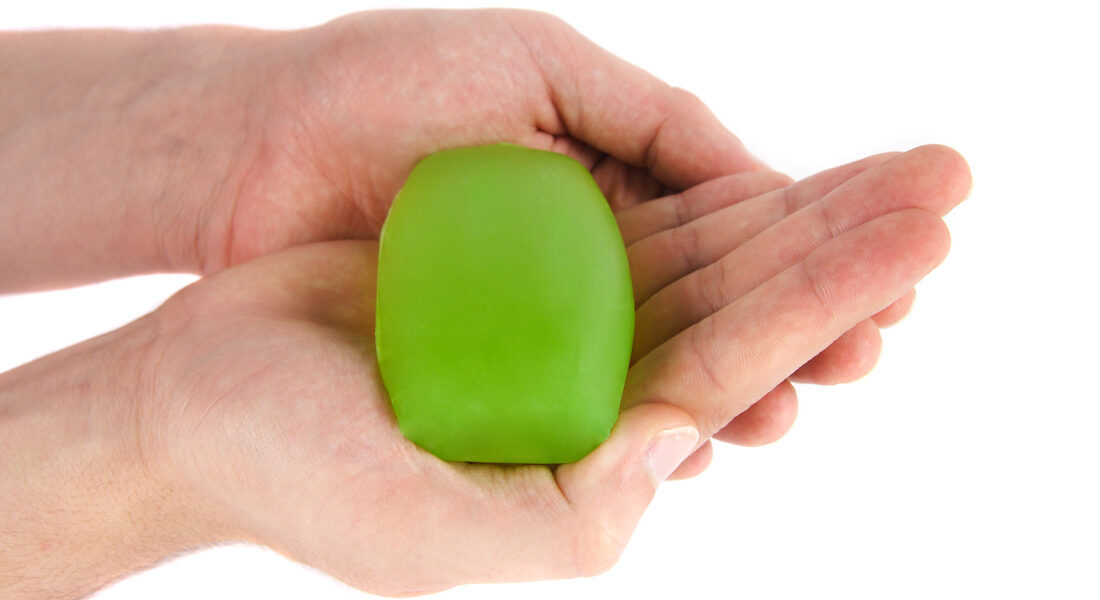
SLS and paraben are two widely-used chemicals in many personal care products such as shampoos, soaps, and cleansers. SLS is short form of Sodium Lauryl Sulfate. While their primary function is to increase effectiveness and shelf life of these items, their long-term use has also been associated with adverse skin consequences; here’s more information on this potential danger of SLS and parabens:
SLS (Sodium Lauryl Sulfate) is a surfactant, used to create foam and lathers in personal care products. Although SLS may help remove oil and dirt from your skin quickly, its removal could strip essential oils that serve as protective barriers against drying and irritation resulting in additional concerns about dryness or irritation. Some key considerations with regard to SLS:
- Skin Irritation: SLS Can Irritate the Skin SLS may irritate sensitive skin. The chemical can alter the balance of natural moisture on the skin and weaken its protective barrier, leading to dryness, redness, itching and flakiness – symptoms which include flakyness.
- Stripping of Natural Oils: SLS Cleaners Are Able to Strip Natural Oils From Skin SLS is an extremely powerful cleanser; however, its strong surfactants may strip away essential natural oils that keep skin supple and healthy resulting in dryness, tightness and discomforting skin conditions.
- Sensitization Risk: Prolonged or frequent exposure to SLS increases the likelihood of sensitizing skin, making it more vulnerable to irritation or allergic reactions when exposed to it.
Parabens: Parabens are synthetic preservatives used to prevent the growth of bacteria, fungi and mold in personal care products. You’ll often see them listed as “methylparaben”, “propylparaben”, butylparaben and “ethylparaben”. But they may present certain health concerns; additional considerations must be made with parabens when they appear on ingredient labels.
- Hormonal Disruption: Parabens have recently emerged as potential disrupters of hormone balance in the body, acting like estrogen by absorption via skin contact and attaching themselves to estrogen receptors, potentially altering hormone systems through this route and potentially impacting health conditions such as hormonal disorders, fertility issues and breast cancer growth. Their magnitude of effects remains uncertain at this time but more research needs to be conducted on them.
- Skin Irritation: Parabens have the ability to irritate the skin, leading to redness, itching and even dermatitis if exposed.
- Allergic Reactions: Some individuals can develop an allergic reaction to parabens that causes skin irritation or even an anaphylactic reaction such as hives. Allergic skin reactions can vary in severity so if this happens to you it is important to stay clear of parabens as soon as you experience these reactions in order to ensure the best outcome possible.
Although SLS and paraben have caused alarm among many individuals, the total risk and sensitivity can differ for each person. While some can tolerate them with no adverse side effects, others might experience skin irritations and long-term health concerns from them. If you have sensitive skin it may be wise to opt for natural, non-chemical alternatives which won’t lead to skin irritations and long-term health concerns.


